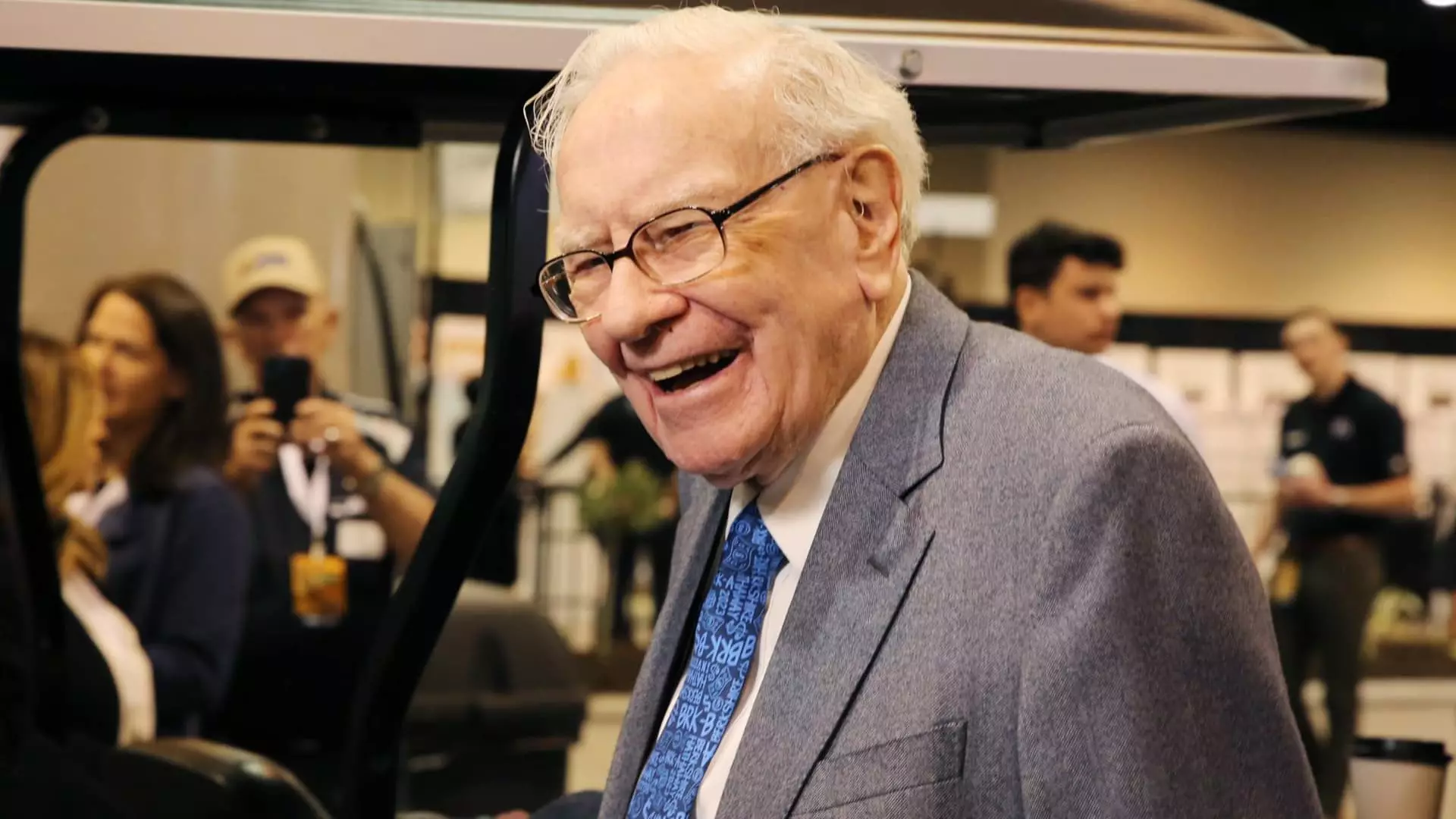Berkshire Hathaway, under the leadership of Warren Buffett, recently reached a significant milestone by achieving a $1 trillion market capitalization. This achievement is notable as it marks the first time a non-technology company in the United States has reached this coveted milestone. Despite a challenging economic environment, Berkshire’s stock price has soared, with shares rallying more than 28% in 2024, outperforming the S&P 500’s gain of 18%.
Buffett’s Legacy and Berkshire’s Diverse Holdings
Warren Buffett, often referred to as the ‘Oracle of Omaha,’ has been instrumental in transforming Berkshire Hathaway from a struggling textile business in the 1960s into a diversified conglomerate encompassing insurance, railroad, retail, and energy sectors. Berkshire’s impressive balance sheet and cash reserves have positioned it as a formidable force in the business world. The company’s holdings include well-known entities such as BNSF Railway, Geico Insurance, and Dairy Queen, reflecting its old-economy focus.
Despite Berkshire’s success, Warren Buffett has recently adopted a defensive stance by divesting a significant portion of stock, including half of its Apple stake. This decision has contributed to bolstering Berkshire’s cash reserves to a record high of $277 billion as of June. While Buffett is known for cautioning against market timing, his recent actions have raised concerns among investors, signaling potential apprehensions about the economy and market valuations.
The reasons behind investors rewarding Berkshire with the $1 trillion market cap remain a subject of speculation. Some view it as a vote of confidence in the American economy and the company’s diversified business portfolio, while others see Berkshire as a safe haven in the face of macroeconomic uncertainties. Berkshire’s substantial investment in short-term Treasury bills, valued at $234.6 billion, has piqued interest, especially considering it surpasses the U.S. Federal Reserve’s holdings.
Analyst Projections and Future Outlook
Following Berkshire’s strong second-quarter earnings, analysts like Brian Meredith of UBS have revised their earnings estimates upward. Factors such as higher investing income and improved results in the insurance sector, including GEICO, have bolstered confidence in Berkshire’s future performance. The insurance industry’s resurgence post-pandemic has provided tailwinds for Berkshire’s market value, with Meredith raising his price target for the company’s shares.
Unlocking Berkshire’s Unique Investment Strategy
Warren Buffett’s decision not to split Berkshire’s Class A shares, making them one of the highest-priced stocks on Wall Street, reflects his commitment to attracting long-term, quality-oriented investors. The rationale behind maintaining a high share price is to cultivate a shareholder base that views their Berkshire holdings as a long-term investment akin to a savings account. Additionally, the introduction of Class B shares in 1996 was aimed at accommodating smaller investors seeking exposure to Buffett’s investment acumen.
Berkshire Hathaway’s monumental achievement of a $1 trillion market capitalization signifies its enduring legacy under Warren Buffett’s leadership. While the company’s success is undeniable, Buffett’s recent defensive maneuvers and the shifting economic landscape warrant a nuanced evaluation of Berkshire’s future trajectory. As Berkshire continues to navigate market uncertainties and capitalize on growth opportunities, investors and analysts alike remain vigilant in monitoring the conglomerate’s performance.

